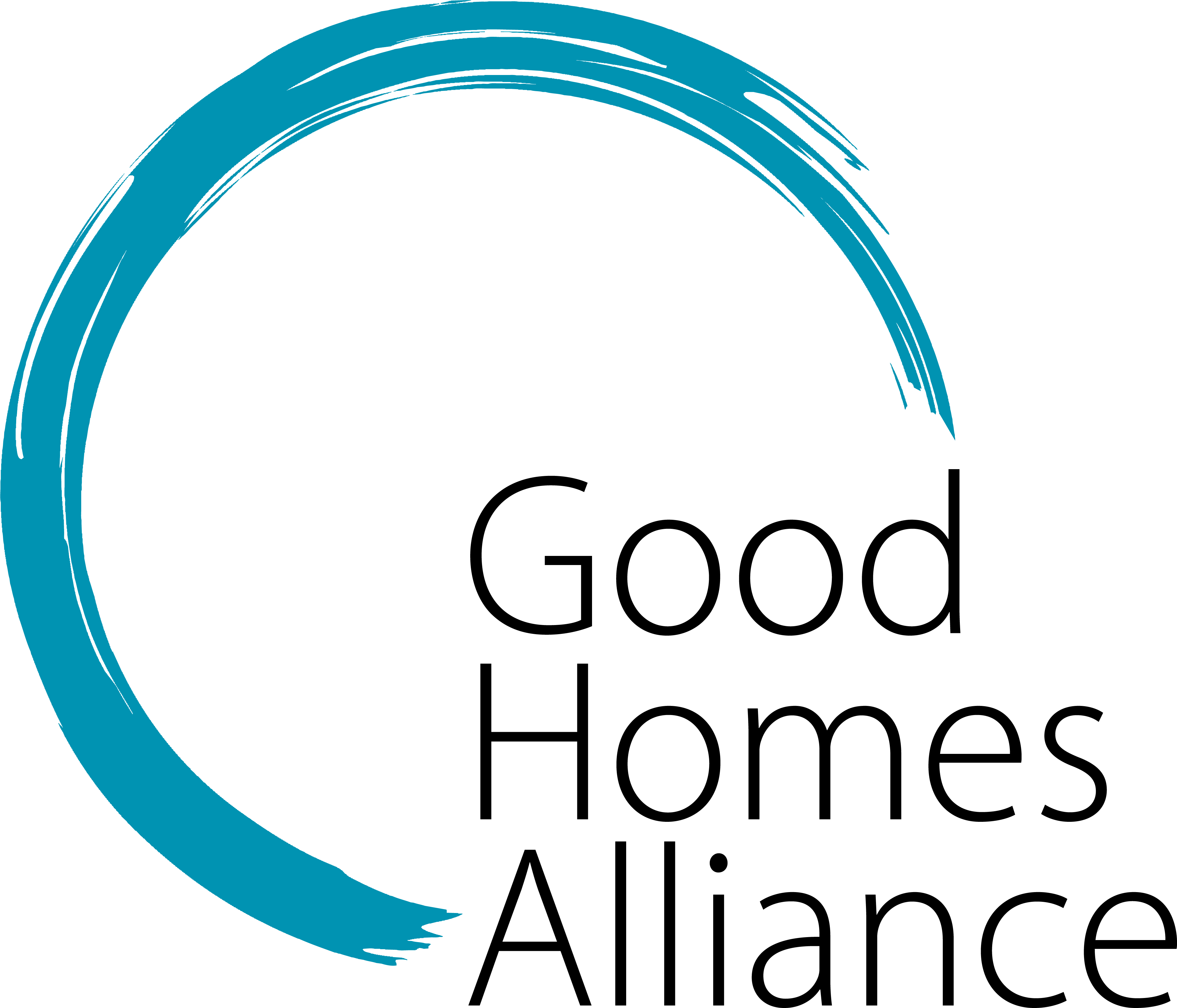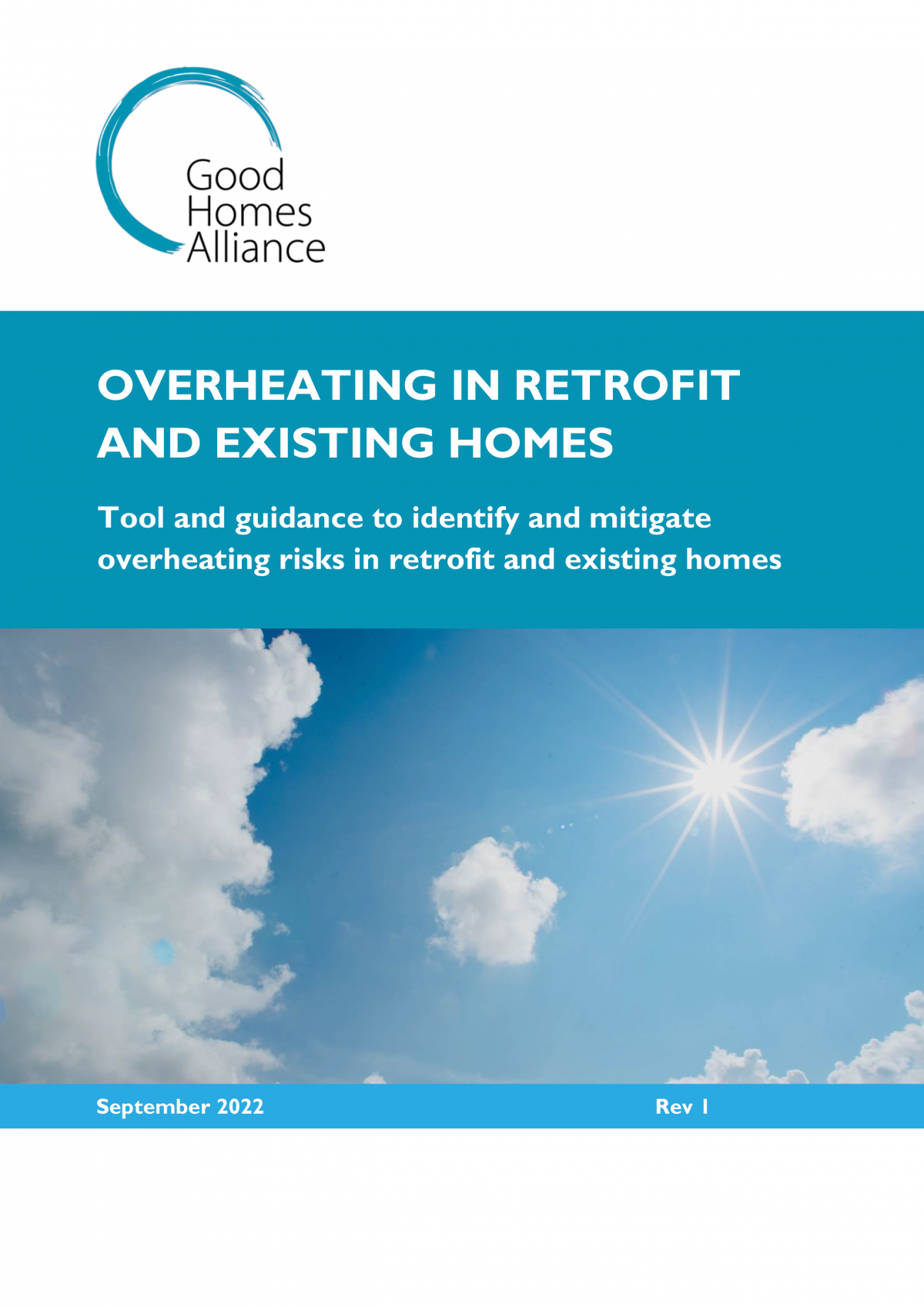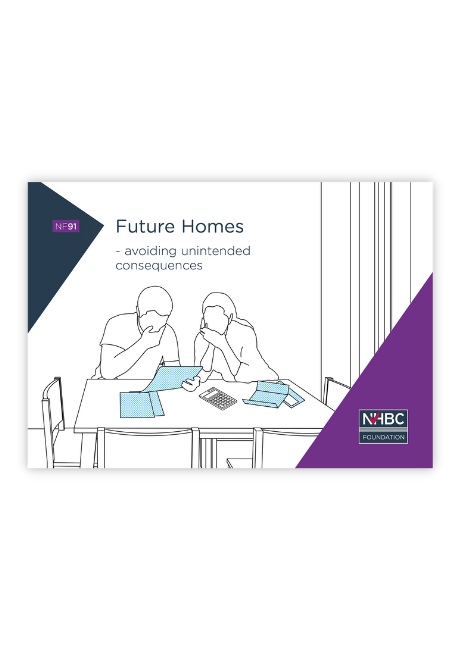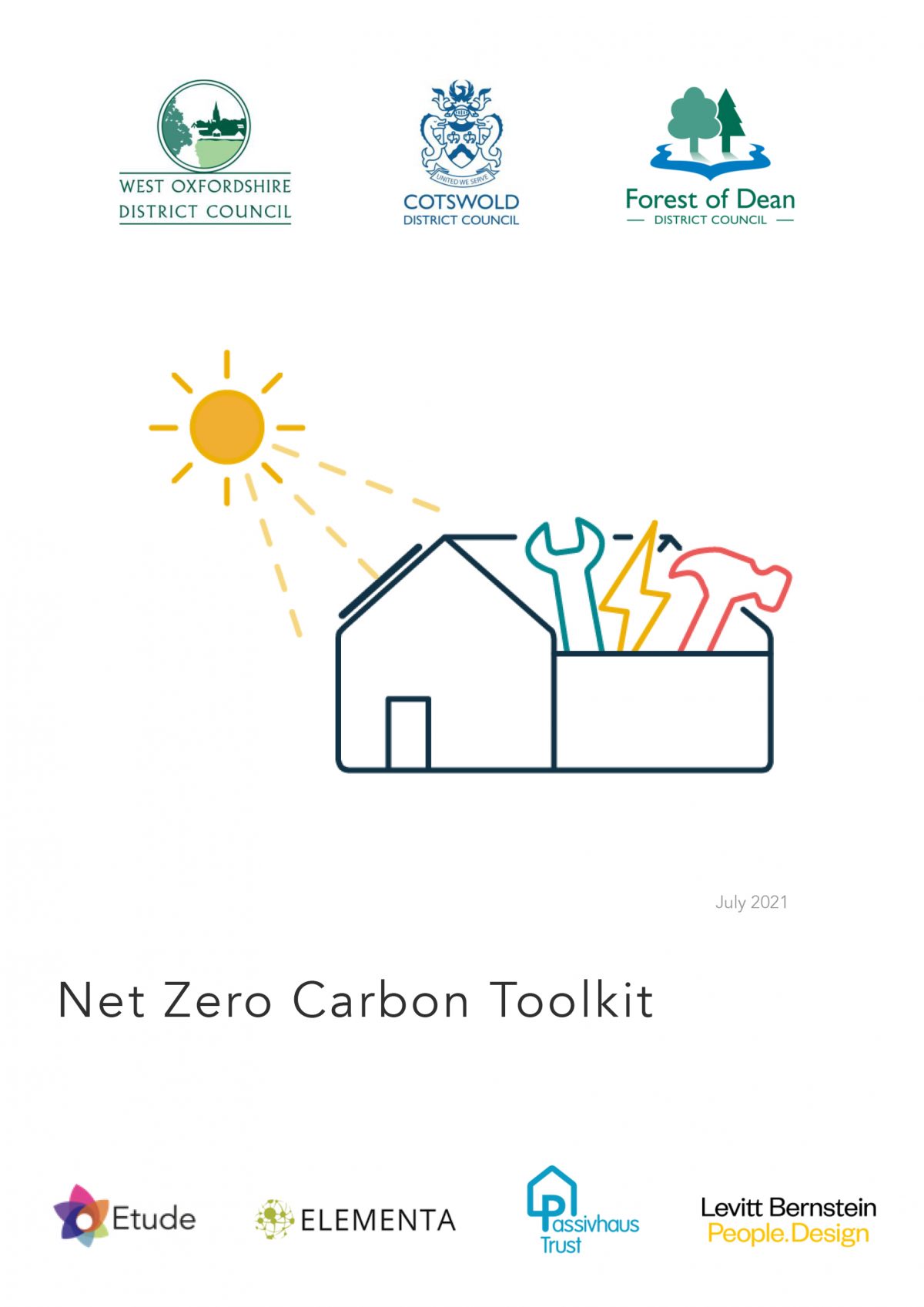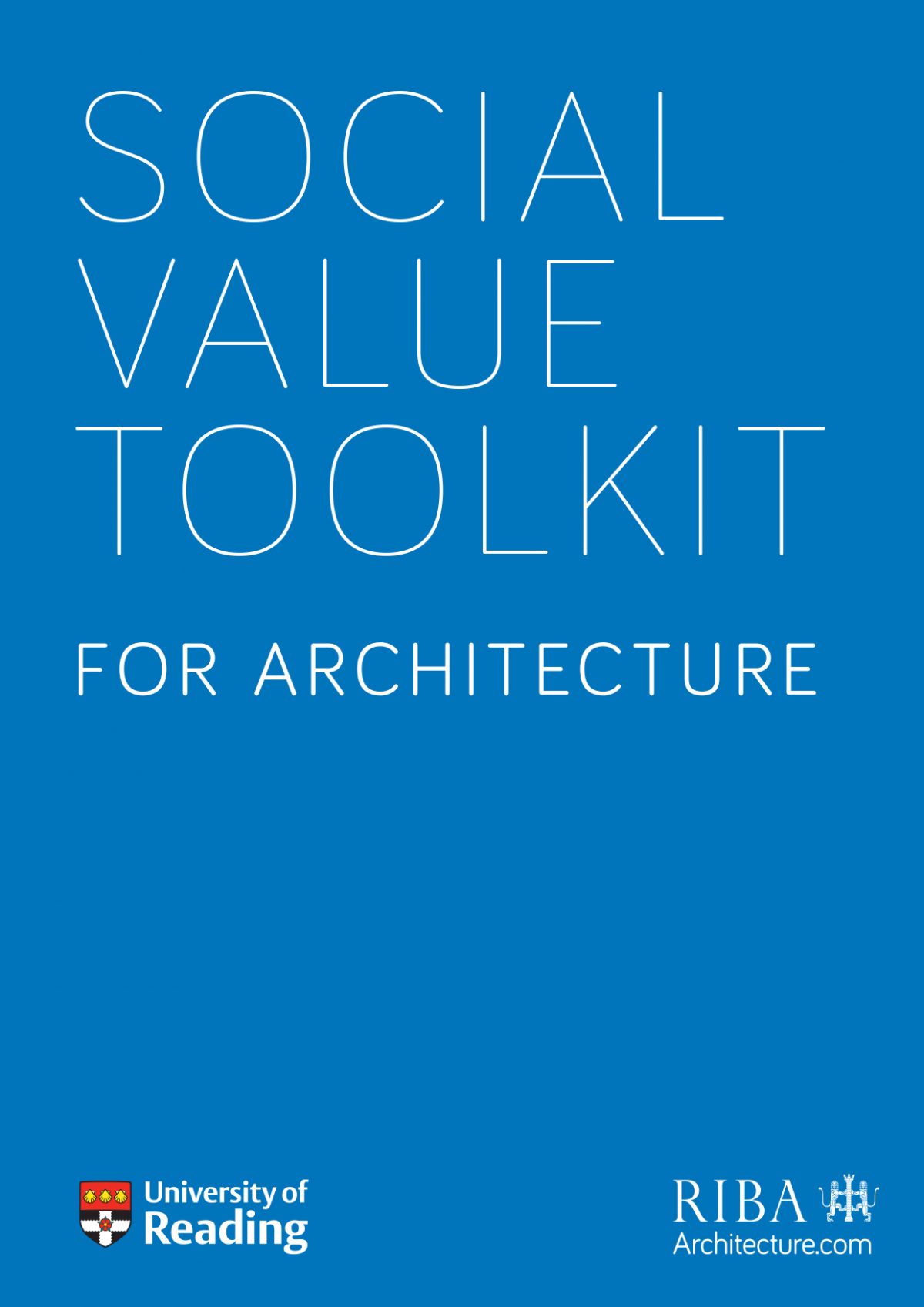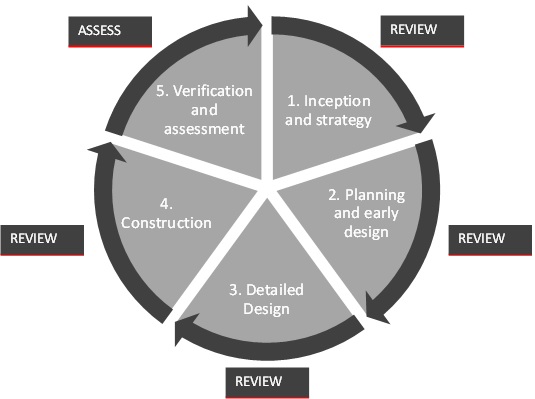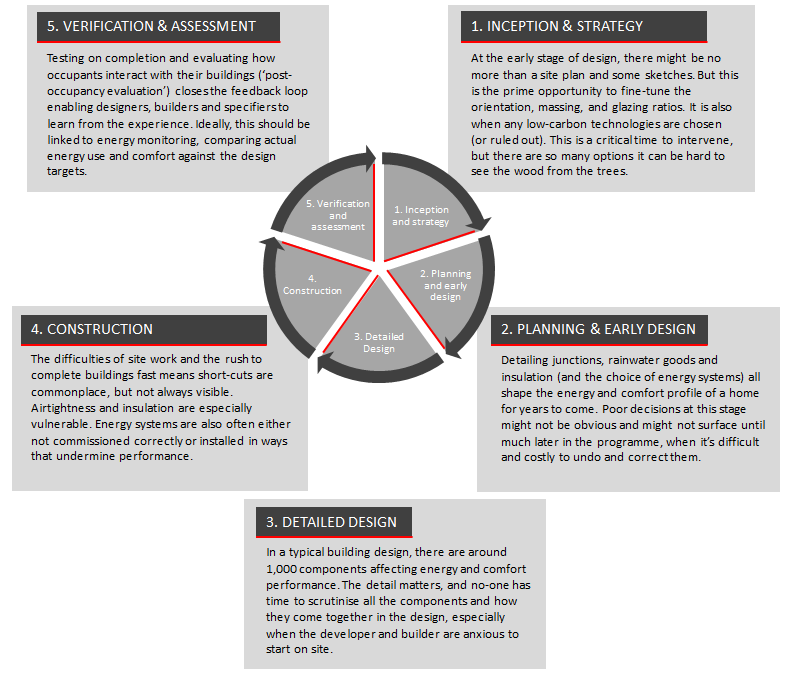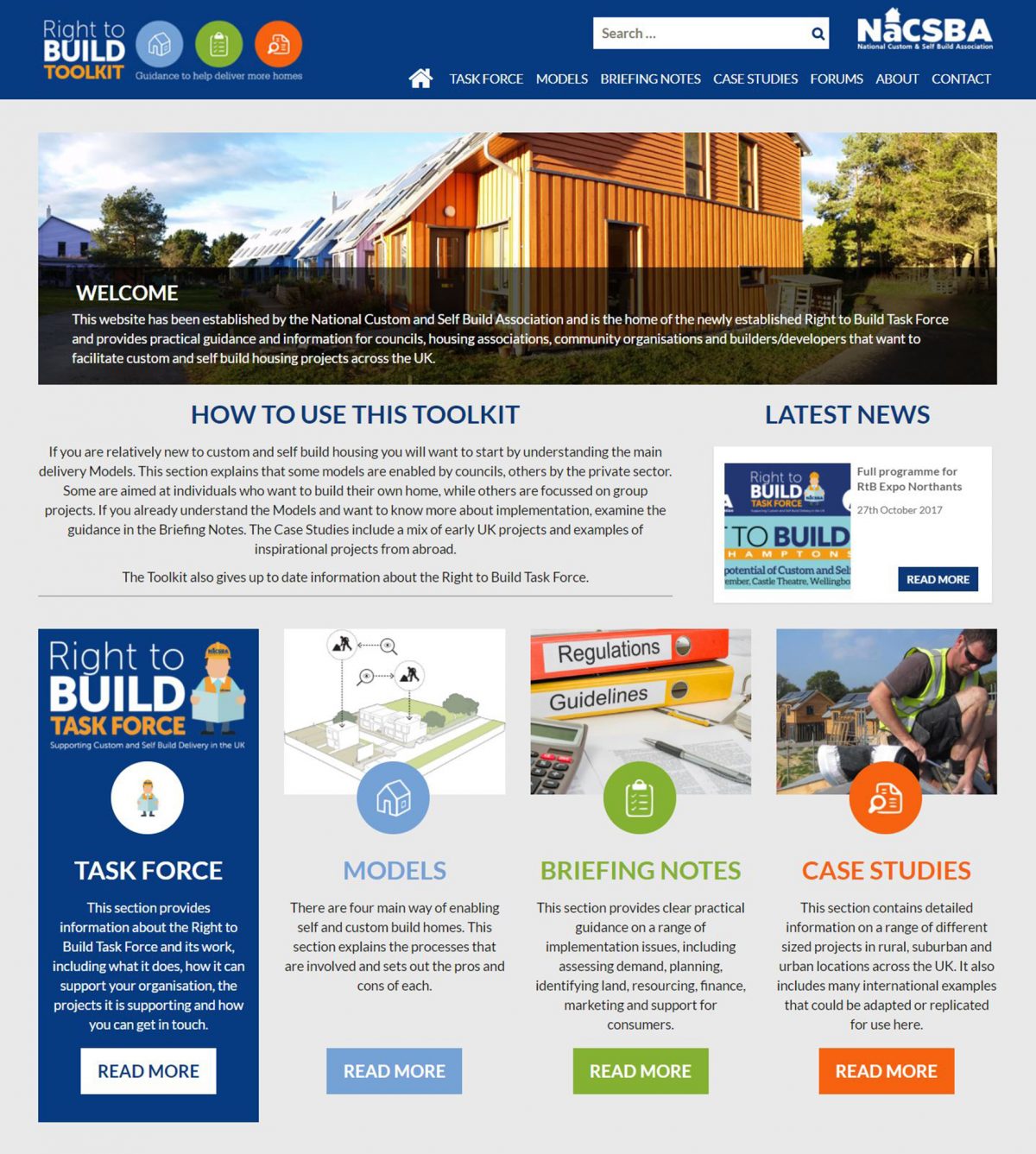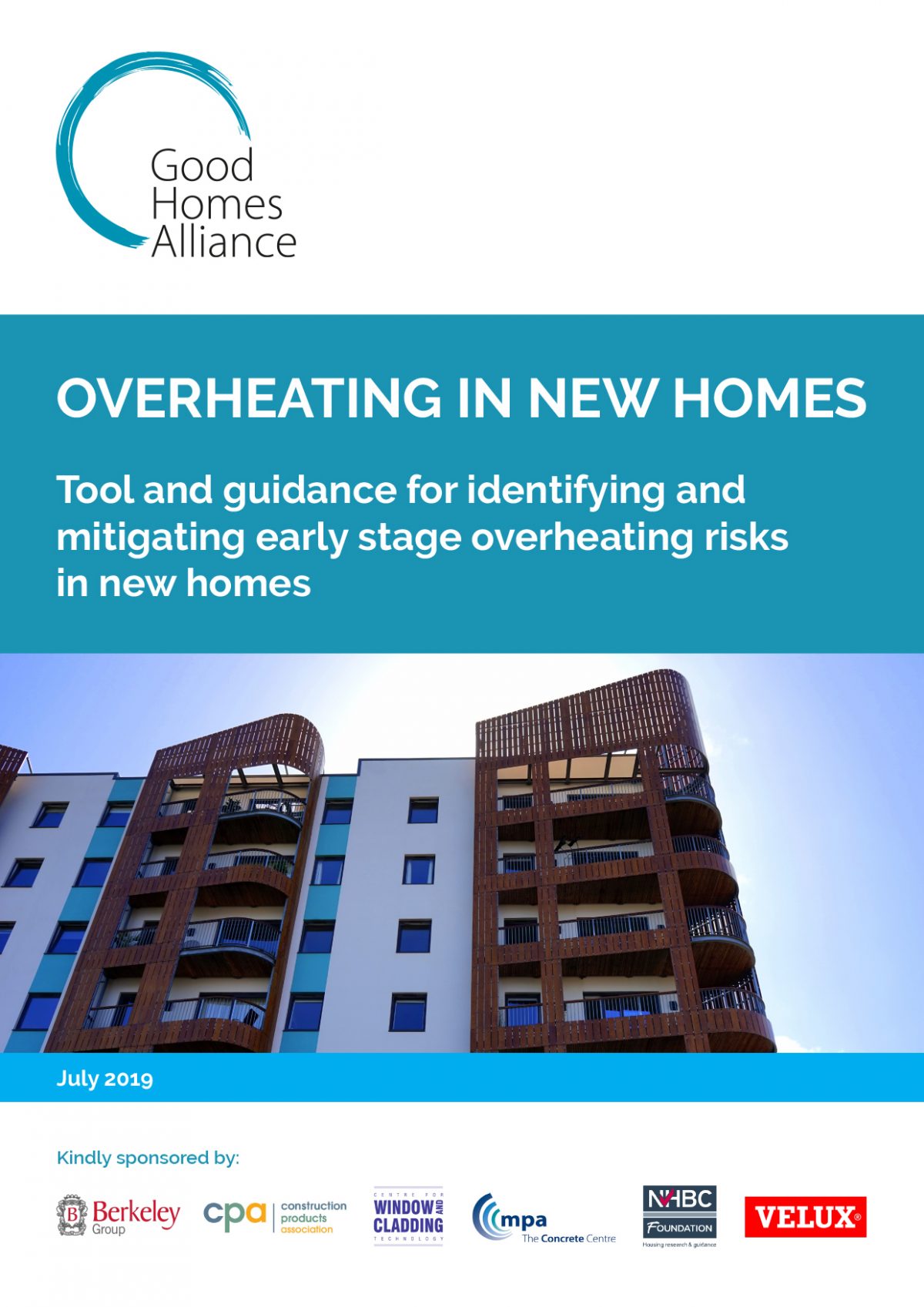About the tool
The new tool responds to demand from designers, housing associations, environmental health officers, and other parties concerned with overheating risks in the existing housing stock, which are likely to increase further due to climate change and higher temperatures.
This tool is intended for use at the early stages of residential retrofit projects, or on existing homes, in order to identify key factors contributing to overheating risk and possible mitigation measures. It is applicable to existing homes, retrofits, and conversions of non-domestic buildings to residential accommodation.
The tool and guidance are meant to be easy to use by non-specialists to inform early-stage big impact decisions. They promote holistic consideration of overheating risk together with the site context and linked design issues such as ventilation and noise. The potential impacts of energy efficiency measures through retrofit are included, but the tool also highlights the important opportunities for retrofit to contribute not only to overheating risk mitigation, but also improvements in air quality and energy efficiency.
The tool builds upon the beta version which launched in March 2022, with new case studies and improved functionality. We would like to thank everyone who contributed with their comments and case studies.
Downloads
Authors and supporters
The main author of this guidance is Julie Godefroy of Julie Godefroy Sustainability, with support from Susie Diamond of Inkling LLP.

The project has been co-funded by the National Energy Foundation, and the BEIS funded REFINE project on radical decarbonisation of social housing through whole house energy retrofits.
Thank you to everyone who contributed to the development of this tool and guidance, including Clare Murray (Levitt Bernstein), John Palmer (LETI), Jack Harvie-Clarke (Apex Acoustics), Anthony Chilton (Max Fordham), Harry Paticas (RAFT), Amad Kayani (Historic England), Lucy and Tom Pemble, and all those who provided comments in the feedback workshop or by email.
The REFINE project is one of the Social Housing Decarbonisation Fund Demonstrators led by Warwick District Council and Oxford Brookes University with Enhabit/QODA Consulting and Sarah Wigglesworth Architects.
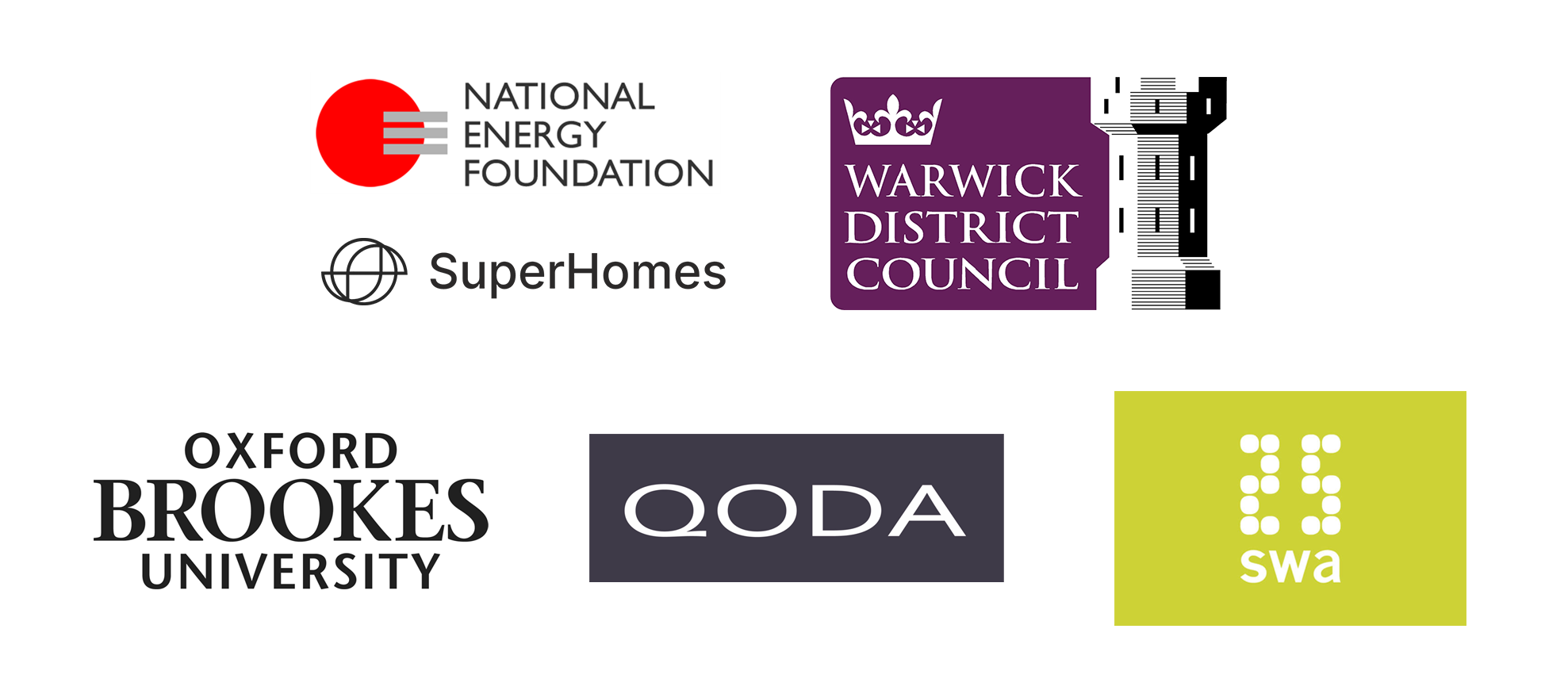
We would like to thank the following steering group members for their input during the project:
- Hayley Chivers, Sarah Wigglesworth Architects
- Paul Ciniglio, National Energy Foundation
- Prof. Rajat Gupta, Oxford Brookes University
- Dr Sarah Price, QODA Consulting
- Katharine Ray, Warwick District Council
- Sarah Wigglesworth, Sarah Wigglesworth Architects
- Tim Wilcockson, QODA Consulting
More information
For more information about the Overheating in Retrofit and Existing Homes tool, please contact Julie Godefroy – julie@juliegodefroysustainability.co.uk or Susie Diamond – susie@inklingllp.com.
For more information about the Good Homes Alliance, please contact Julian Brooks, Programmes Director – julian@goodhomes.org.uk, 0330 355 6274.
